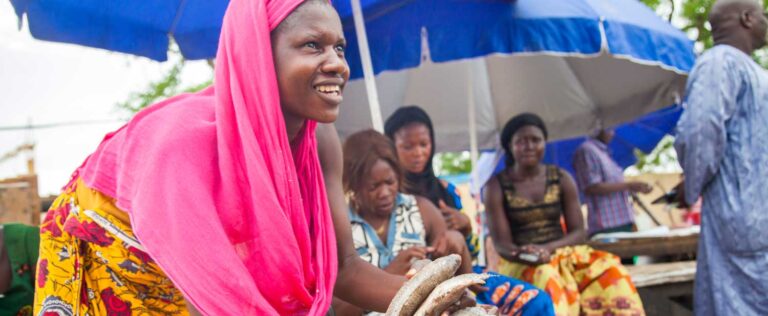In a strategic move to fortify regional economies from the ground up, the Ecobank Group and Proparco have inked a new €10 million trade finance guarantee. This agreement, finalized at the Africa Financial Industry Summit, does more than just inject capital; it strategically expands a proven financial pipeline to include Chad, directly targeting the bottlenecks that stifle small and medium-sized enterprises (SMEs).
This latest facility is a key piece of a much larger puzzle. It represents the continued evolution of the Ecobank-Proparco Trade Finance Programme, a partnership that has now channeled €125 million in guarantees since 2018 toward a single goal: de-risking African trade to fuel local industrial and agricultural production.
Targeting the Core of Economic Resilience
The facility’s design is highly intentional. By focusing on facilitating the import of essential raw materials, the partnership strikes at a critical pain point for local businesses. When SMEs cannot access the foundational components for manufacturing or farming, entire value chains remain stunted. This initiative is engineered to change that, directly stimulating domestic value creation and enhancing food security in one of the continent’s most vulnerable regions.
The programme is not operating in a vacuum. It is a tactical implementation of broader international frameworks, including the Food & Agriculture Resilience Mission (FARM) and the Choose Africa initiative. This alignment ensures that local financial support is amplified by global policy and development objectives, creating a cohesive front against economic fragility.
Leadership Perspective: A Shared Blueprint for Growth
Ecobank Group CEO Jeremy Awori framed the agreement as a testament to a shared, long-term vision. “This renewed partnership… reflects our shared commitment to strengthening the economic resilience of Chad and the wider region,” he stated, highlighting its role in supporting Chad’s National Development Plan. Awori emphasized that the strategy leverages Ecobank’s unique pan-African network and its French international arm to bridge continents and manage risk effectively.
Echoing this sentiment, Proparco’s Deputy CEO, Djalal Khimdjee, pointed to the on-the-ground impact. “This new partnership will benefit local businesses, enabling them to import raw materials and integrate into international value chains to better meet the needs of local communities,” he said. This focus on connecting local SMEs to global trade networks is central to transforming them from isolated entities into competitive players.
The Ripple Effect: Why Trade Finance is a Catalyst
At its core, this partnership underscores a critical truth about African economic development: trade finance is a powerful, yet often underutilized, catalyst. For SMEs, limited access to foreign exchange and credit are not just inconveniences—they are absolute barriers to growth.
Guarantee schemes like this one serve as a crucial lever. By mitigating the perceived risk for financial institutions, they unlock capital flows into sectors that are the backbone of local economies—those that drive employment, foster production, and build a nation’s capacity to feed and sustain itself. This €10 million facility is more than a line of credit; it is a strategic investment in the very architecture of a more self-reliant and resilient African economy.

